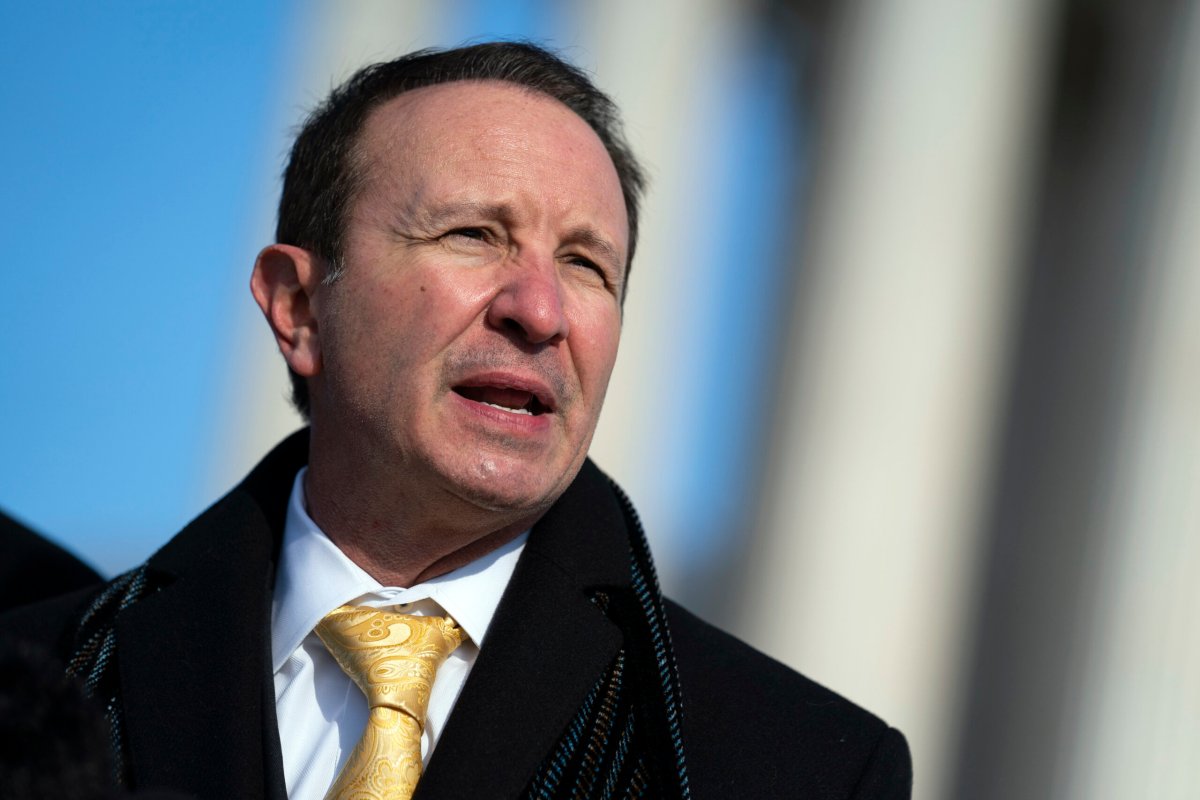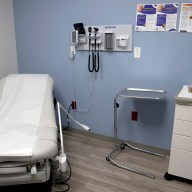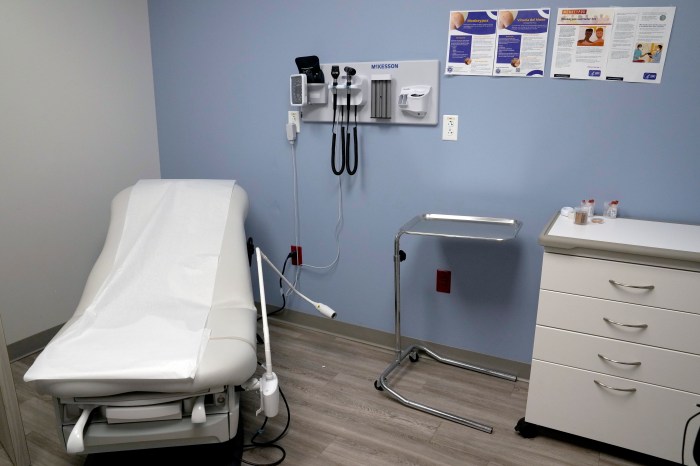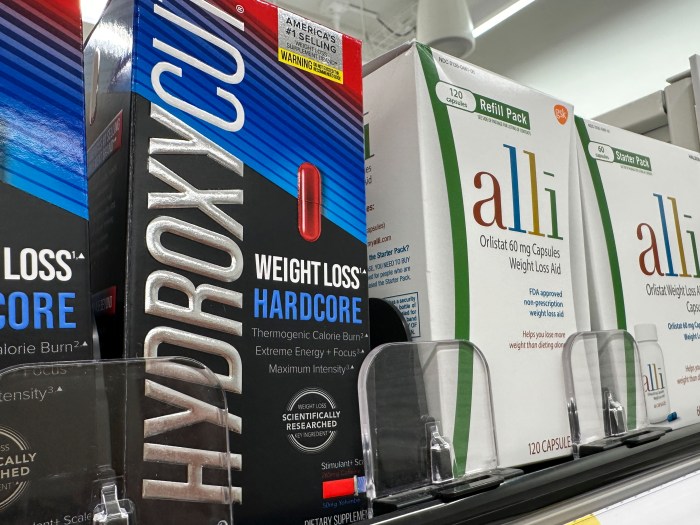BATON ROUGE (AP) — The Louisiana Bond Commission on Thursday approved a $39 million future line of credit for a critical New Orleans area power plant project that had become an unlikely pawn in the ongoing political tug-of-war over enforcing Louisiana’s near-total abortion ban.
For two months the commission — generally known for its historically actuarial role, rather than taking political stances — held up a necessary financial approval step for the project as a way to “send a message” to leaders in New Orleans, who have expressed opposition to enforcement of the ban.
But as members debated on Thursday, they asked if any abortion “laws were been broken” in New Orleans and noted that the project, which is critical to power drainage pumps that remove rainwater in a city that faces chronic flood problems, was too important to possibly delay.
“We need to quit messing around with this and go ahead and approve it,” said Republican Sen. Bret Allain, who voted in favor of the item in August as well.
Battles between Democratic city leaders and Republicans in reliably red states have been happening across the country since the U.S. Supreme Court decided to end constitutional protections for abortion in June.
Dozens of prosecutors nationwide — including in Florida — have promised not to pursue charges against those seeking or providing abortions. In St. Louis, hours after the mayor signed a measure providing $1 million for travel to abortion clinics in other states, the Missouri Attorney General sued to block it. City councils in places such as Austin, Texas, and Nashville have passed measures urging law enforcement not to prioritize abortion ban enforcement.
In Louisiana, legislation bans all abortions except if there is substantial risk of death or impairment to the patient if they continue with the pregnancy and in the case of “medically futile” pregnancies — when the fetus has a fatal abnormality. There are no exceptions for rape or incest.
Following the downfall of Roe v. Wade, the New Orleans city council passed a resolution directing police and prosecutors not to use city funds to enforce the ban and to make it “the lowest priority for enforcement.”
Louisiana Attorney General Jeff Landry, a Republican who is considered a likely 2023 gubernatorial candidate, described city leaders’ opposition as a “dereliction of duty.” He turned to the Bond Commission, who voted to deny a preliminary authorization of the line of credit for a power plant project of the New Orleans Sewerage and Water Board.
On Thursday, members voted in favor of the future line of credit, 11-1. The sole objection was from Landry’s stand-in Algelique Freel. During August’s Bond Commission meeting Landry urged fellow commission members to “use the tools at our disposal to bring” leaders in New Orleans opposing enforcement of the abortion ban “to heel.”
Freel read a letter from Landry on Thursday that reiterated his continuing stance.
“This issue is much more fundamental than Louisiana’s abortion ban,” the letter said. “Each and every elected official takes an oath to uphold the Constitution and laws of our state. These New Orleans officials have taken it upon themselves to pick and choose which laws they are going to enforce, in direct contradiction to their oath. What’s next? Can leaders of other municipalities now simply refuse to enforce any state statutes they personally disagree with?”
Caught in the middle of the political wrangling has been a vital power plant project for the state’s most-populous city.
State Sen. Jimmy Harris, a Democrat who represents New Orleans, urged commission members to approve the future credit line — noting that the plant would help protect 384,000 people, allowing them clean water to drink and bathe in, instead of undergoing frequent water boil advisories. Currently the pumps are powered by outdated turbines, which also power the city’s water and sewage system.
“Find something nonessential to go after,” Paul Rainwater, a lobbyist for New Orleans, told the commission in August. “Not the Sewerage and Water Board, not the power station, not the pumps.”
In a state that has been devastated by natural disasters, flooding is at the forefront of mind — especially as Louisiana is in the midst of hurricane season. Forecasters have predicted there will be 14 to 20 named storms this year, including six to 10 hurricanes.
“For this Bond Commission to hold up flood protection in any form shouldn’t be our position,” said Republican Lt. Gov. Billy Nungesser.
While approval of a future line of credit will not immediately release project funds, the approval sends a “critical signal” to contractors that funds will be available to finish the project. The city and Entergy New Orleans are paying for the majority of the project’s cost, but Rainwater said state funding will be necessary to keep the project on track to be completed in 2024.
“The reckless politicization of this process was improper and risked the safety of our city,” New Orleans City Council President Helena Moreno said following the commission’s vote. “Thankfully, this funding is moving forward, and the attempts to derail this essential project failed.”



















